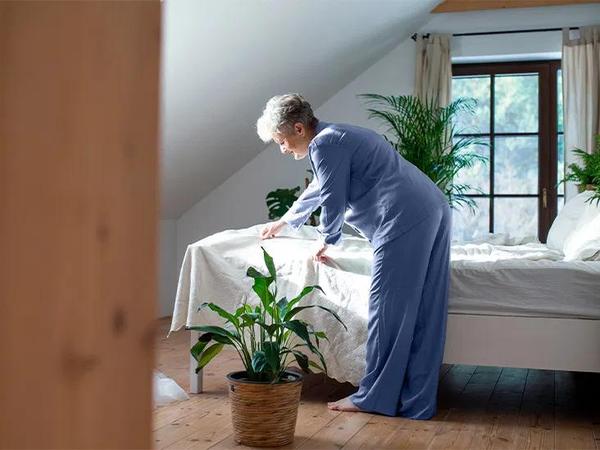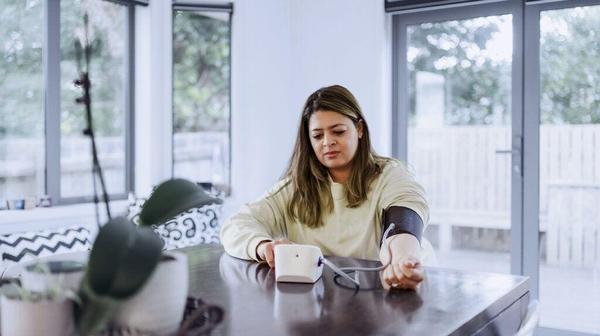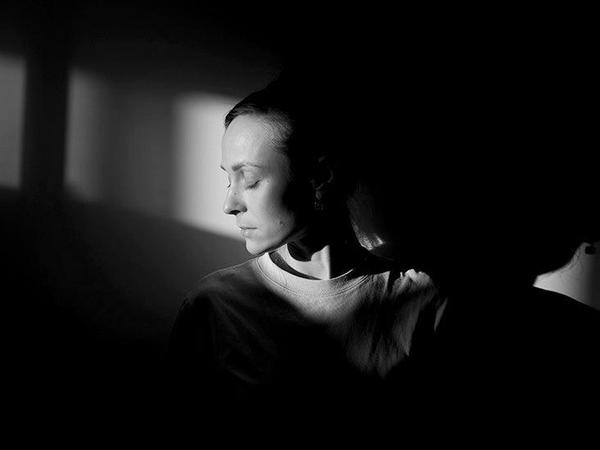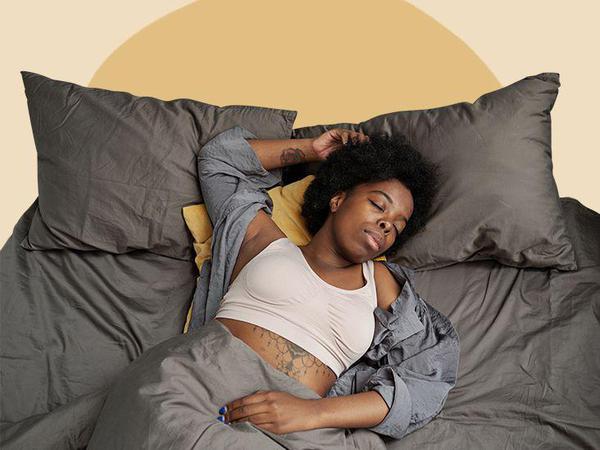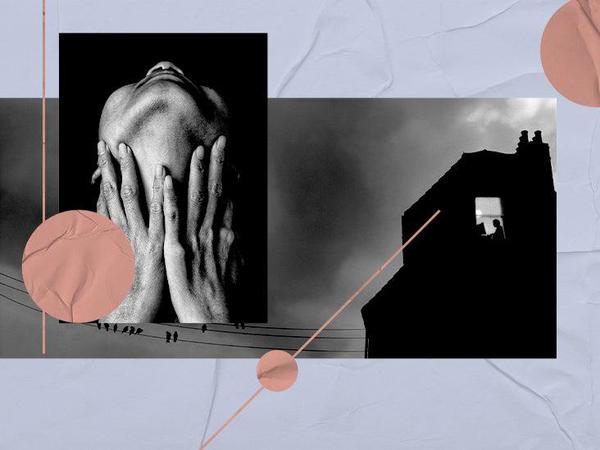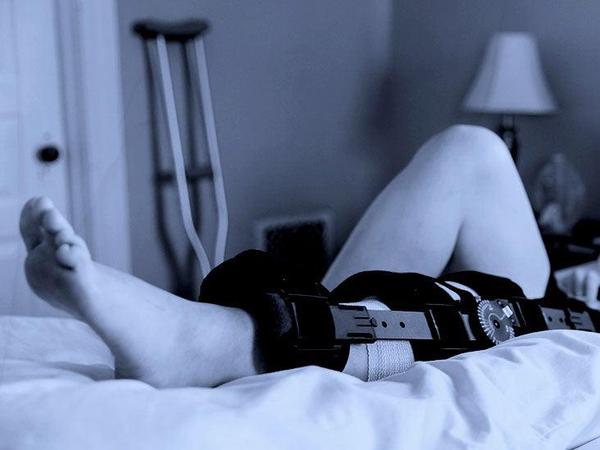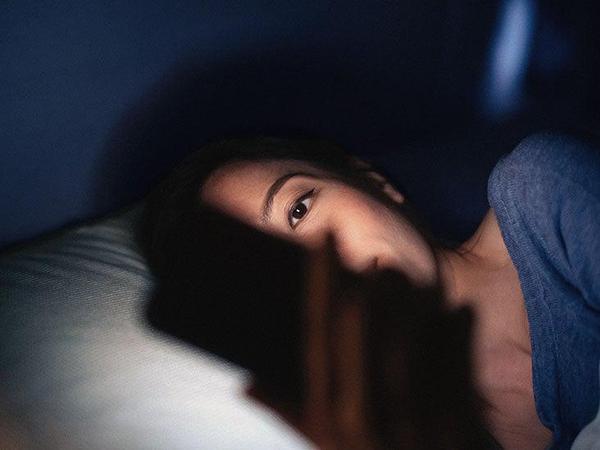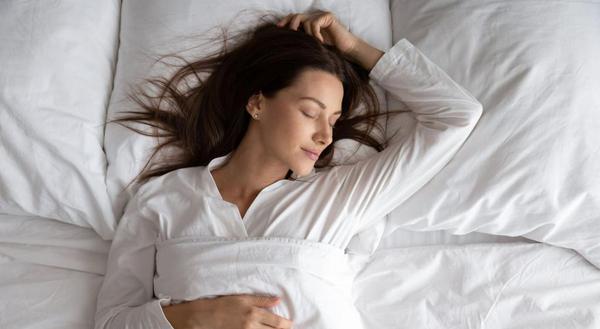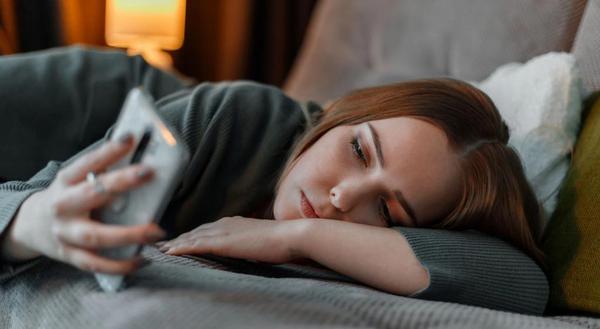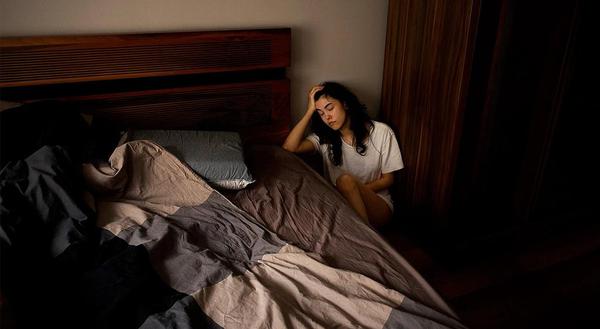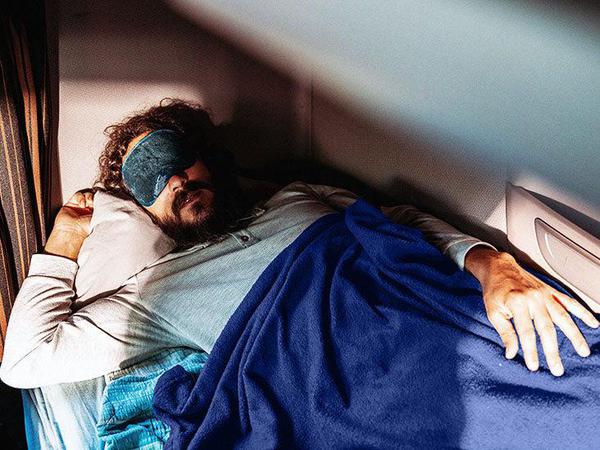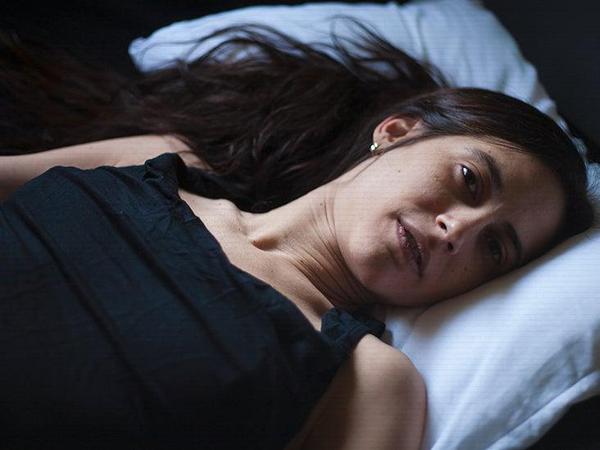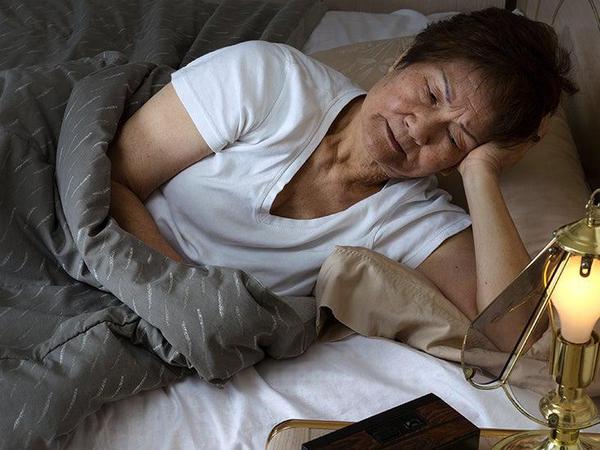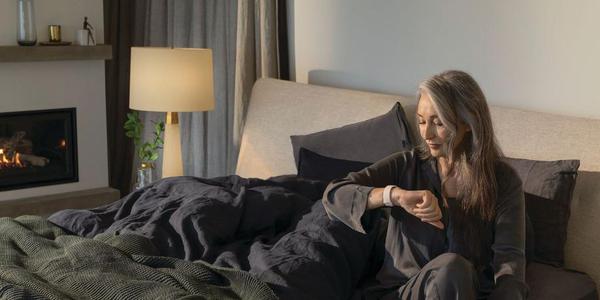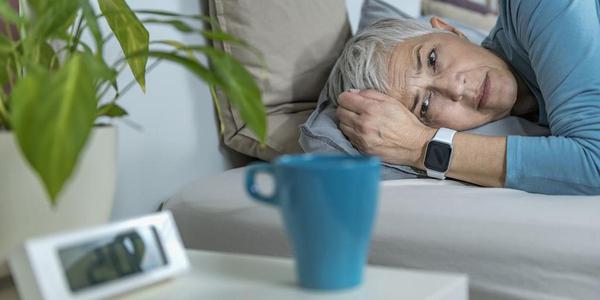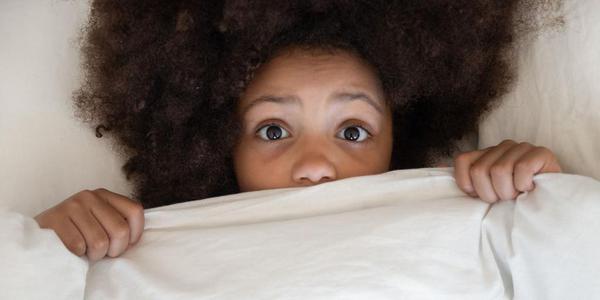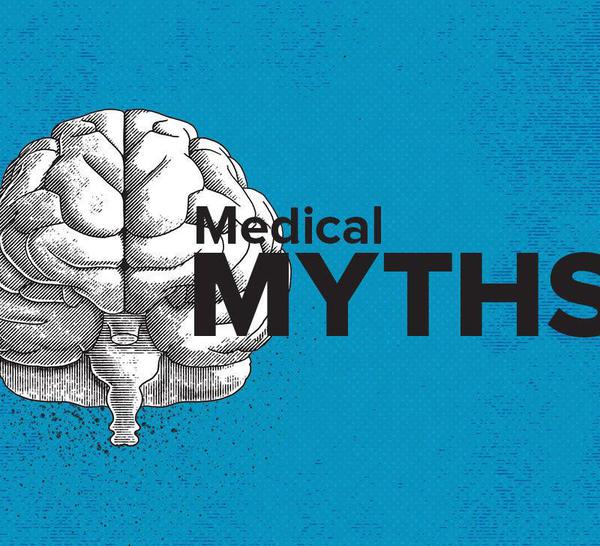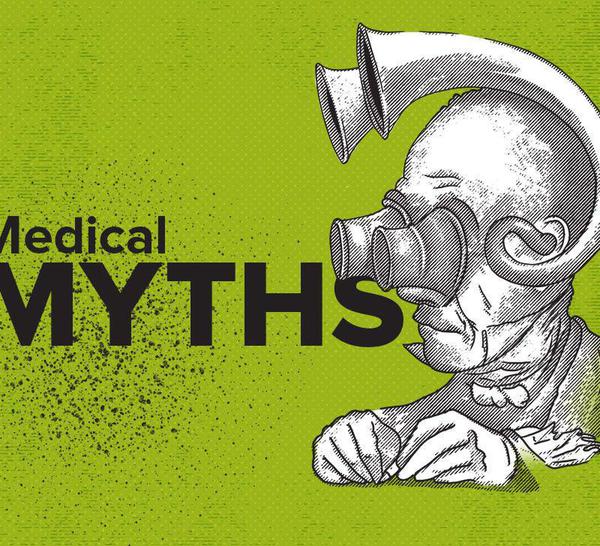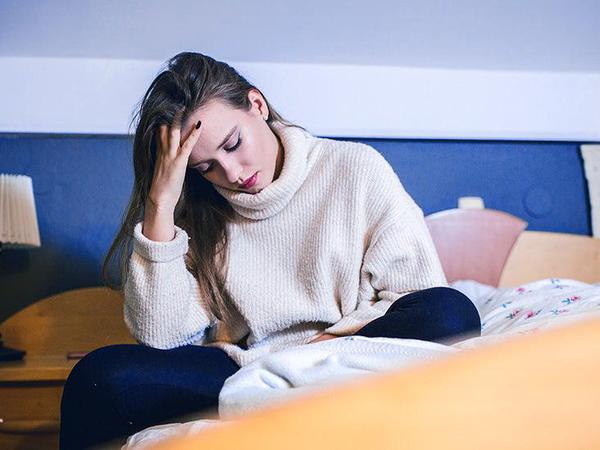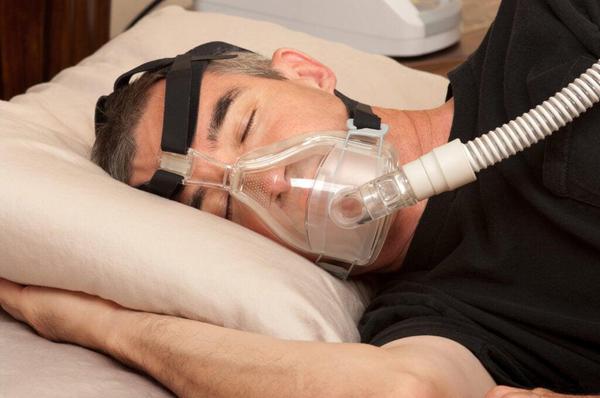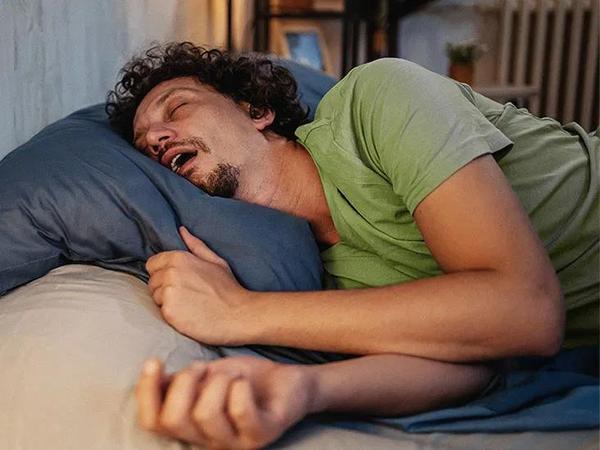
Complex sleep apnea: Cause, symptoms, and treatment
Complex sleep apnea is a disorder that includes features of both obstructive sleep apnea (OSA) and central sleep apnea (CSA). It can develop during OSA therapy.
Obstructive sleep apnea (OSA) occurs when there is a physical blockage in the airways during sleep, resulting in temporary pauses in breathing. Central sleep apnea (CSA), on the other hand, occurs when there are problems with brain signals.
Obstructive sleep apnea (OSA) occurs when there is a physical blockage in the airways during sleep, resulting in temporary pauses in breathing. Central sleep apnea (CSA), on the other hand, occurs when there are problems with brain signals.

